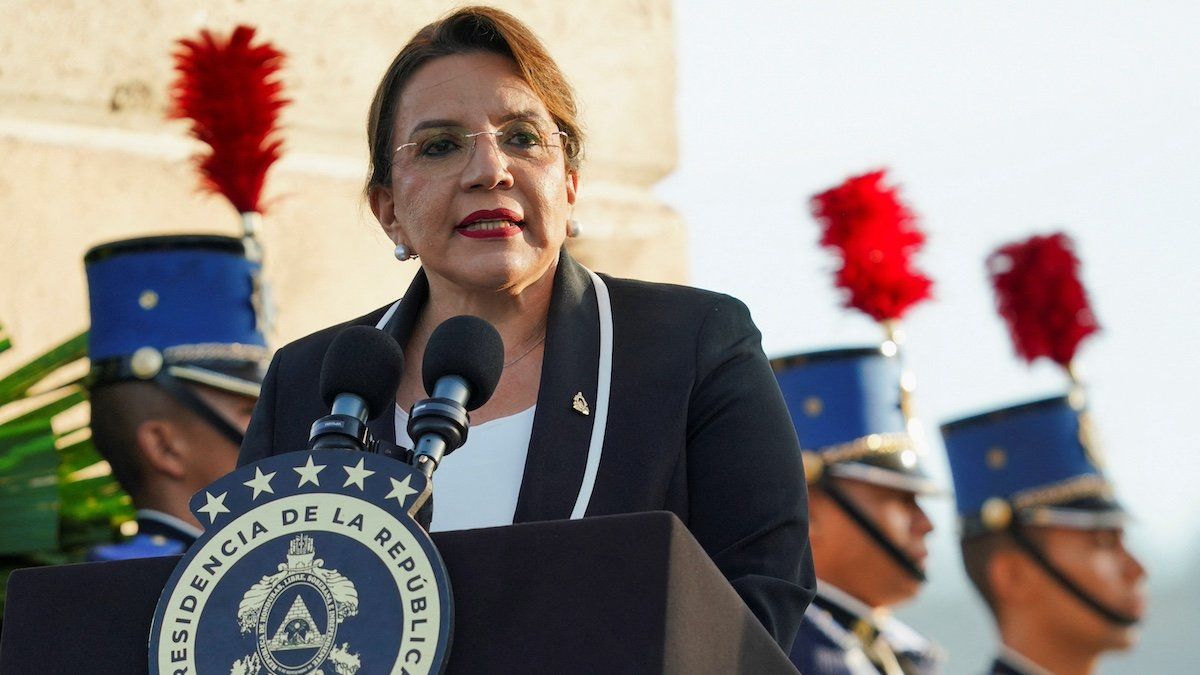Honduran President Xiomara Castro faced calls to resign on Wednesday after journalists released a video of her brother-in-law negotiating payoffs with convicted drug traffickers. The man in the video, Carlos Zelaya, denied he knew he was taking drug money, but he and his son both resigned from their government positions after the revelation. Carlos’ brother, Manuel “Mel” Zelaya, is Castro’s husband and was president himself before being overthrown in a coup in 2009.
Just before the video broke, Honduras withdrew from its extradition treaty with the United States — not a coincidence. Dozens of accused Honduran drug traffickers have been extradited to face trial and imprisonment in the US, including Castro’s immediate predecessor, Juan Orlando Hernández,whom she accused of running a “narco-dictatorship.” How the tables have turned!
Eurasia Group regional expert Risa Grais-Targow says there’s more to it than simple self-preservation. Castro’s Honduras has been moving further away from the US, for example, by dropping its recognition of Taiwan in favor of the People’s Republic of China, and immediately siding with Venezuelan strongman president Nicolás Maduro in the aftermath of that country’s deeply controversial election.
“All of this pushes Honduras further into that club of countries — Cuba, Venezuela, Nicaragua, Bolivia — that has a much more contentious relationship with the US than other Latin American countries,” Grais-Targow explained.
